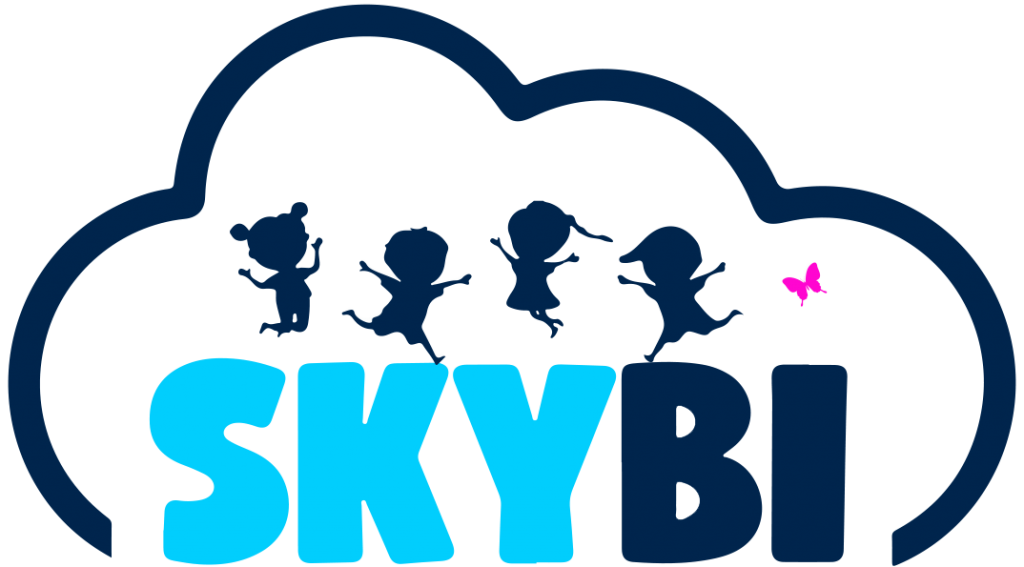13-9, 2 Rio Tower, Persiaran Rio, Bandar Puteri, 47100 Puchong, Selangor, Malaysia.

Navigating the Challenges of Work Adaptation for Fresh Graduates
- On
- InBlog
Stepping into the professional world as a fresh graduate marks the beginning of a new chapter in life. It’s a time filled with anticipation as you embark on a journey to apply knowledge and skills acquired during your academic years. Transitioning from a structured classroom to a dynamic, fast-paced workplace can present unexpected challenges. Fresh graduates often grapple with the complexities of work adaptation as they navigate unfamiliar work cultures, responsibilities, and interpersonal dynamics.
Adjusting to the Work Culture
One of the key challenges for fresh graduates is understanding and adapting to the work culture of their new workplace. The norms, values, and unwritten rules that govern professional interactions may differ significantly from the academic environment. Observing and learning from experienced colleagues is essential to recognise acceptable behaviour, communication styles, and office etiquette.
Navigating Responsibilities and Expectations
Transitioning from a student to a full-fledged professional involves shouldering new responsibilities and meeting high expectations. Fresh graduates may feel overwhelmed by the increased workload, tight deadlines, and the need to deliver quality results. Understanding the expectations of their role and seeking clarification from supervisors can help manage these responsibilities effectively.
Developing Essential Skills
While academic education provides a strong foundation, there are skills specific to the workplace that fresh graduates need to develop. Seeking opportunities for professional development, such as workshops, seminars, and online courses, can aid in honing these skills and boosting confidence.
- Critical thinking: Analyzing problems and finding effective solutions.
- Creativity: Thinking in unconventional and innovative ways.
- Collaboration: Working and communicating effectively with others.
- Information literacy: Understanding and utilising factual information, figures, and data.
- Media literacy: Recognizing how information is presented and disseminated through various channels.
- Technology literacy: Familiarity with the tools and devices that enable the digital age.
- Flexibility: Adapting and adjusting plans as circumstances change.
- Leadership: Motivating and guiding a team towards achieving objectives.
- Initiative: Taking the lead in initiating projects, strategies, and plans.
- Productivity: Maintaining efficiency and focus amidst distractions.
- Social skills: Building relationships and networking for mutual benefit.
- Financial literacy: Understanding basic economic concepts, such as budgeting, personal finance, and financial decision-making.
- Time management: Effectively managing time, prioritising tasks, and meeting deadlines to optimise productivity.
- Lifelong learning: Having a growth mindset, continuously seeking new knowledge and skills, and adapting to ongoing changes and advancements.
- Global awareness: Understanding global issues, cultural diversity, and interconnectedness and recognising the impact of global trends on work and society.
- Resilience: Navigating setbacks and challenges, bouncing back from failures, and maintaining a positive attitude in adversity.
- Ethics and integrity: Demonstrating honesty, ethical behaviour, and professional integrity in all aspects of work.
- Adaptability: Being open to change, quickly learning new skills, and adjusting to evolving work environments and technologies.
- Emotional intelligence: Understanding and managing one’s emotions and those of others, showing empathy, and building positive relationships.
Establishing Professional Relationships
Building relationships in the workplace is crucial for personal and professional growth. Fresh graduates often face the challenge of integrating into existing teams, establishing rapport with colleagues, and navigating workplace dynamics. Engaging in networking activities, seeking mentorship, and participating in team projects can help forge meaningful connections and gain valuable insights from experienced professionals.
Coping with Work Stress
Work stress is inevitable in any job, and fresh graduates may find it challenging to manage. The pressure to perform, meet expectations, and prove oneself can contribute to feelings of anxiety and burnout. It’s important to prioritise self-care, establish work-life boundaries, and seek support from peers, mentors, or professional counsellors to manage stress effectively.
Self-care strategies to manage stress
- Carve out dedicated time each week for activities you enjoy: Set aside a specific time to engage in hobbies or activities that bring you joy and relaxation. Whether reading, painting, playing a musical instrument, or any other hobby, prioritising these activities can provide a much-needed break from work-related stress.
- Be mindful of your social media usage: While social media can be a source of connection and entertainment, excessive use can also contribute to stress and anxiety. Be mindful of your time scrolling through social media platforms and consider setting boundaries to ensure it is manageable. Instead, focus on activities that promote real-life connections and positive experiences.
- Take care of your basic physical and emotional needs: It’s important to prioritise self-care by caring for your physical and emotional well-being. Ensure you get enough sleep, eat nutritious meals, and exercise regularly. Pay attention to your moving needs by practising relaxation techniques, such as deep breathing or meditation, to help manage stress.
- Spend quality time with friends and family: Surrounding yourself with loved ones can provide a support system during times of stress. Make an effort to spend quality time with friends and family through shared activities, meaningful conversations, or simply enjoying each other’s company. Their presence can offer comfort, encouragement, and a sense of belonging.
- Don’t hesitate to ask for help: Recognize that it’s okay to ask for help when needed. Seeking support from trusted friends, family members, or professional counsellors can provide valuable perspectives, guidance, and emotional support. Feel free to reach out when you feel overwhelmed or need help managing stress effectively.
Navigating the challenges of work adaptation as a fresh graduate can be overwhelming. Still, you don’t have to face it alone. At Skybi, we are here to provide you with the support and guidance you need during this transitional phase. Our team of compassionate counsellors specialises in assisting young individuals like yourself who are experiencing difficulties adapting to the demands of the workplace. Through our comprehensive assessment and counselling services, we can help you gain insights into your unique work challenges and develop effective coping strategies. Remember, seeking help is a sign of strength, and it can make a significant difference in your overall well-being and career success. Take the first step towards a more confident and fulfilling professional journey by contacting us at 011- 1984 4028, enquiry@myskybi.com, or visit our website https://myskybi.com/. Let us be your partner in overcoming poor work adaptation and finding your path to success.







